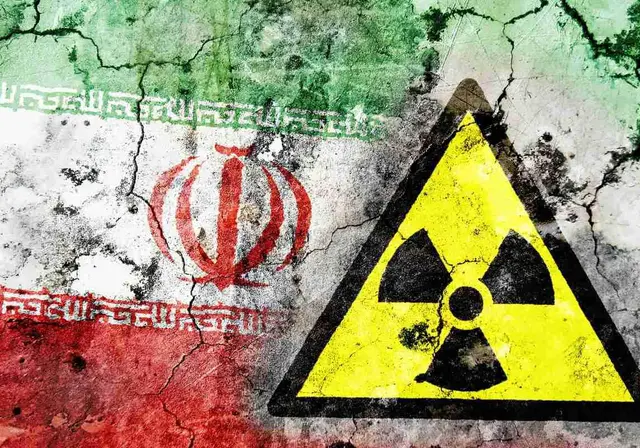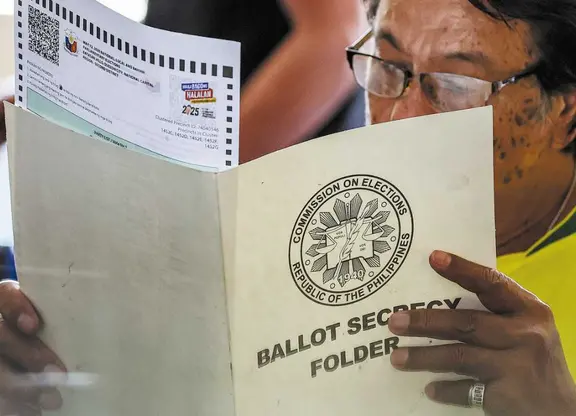The United States on Tuesday slapped new sanctions on 18 entities and
individuals linked to Iran's ballistic missile program and other
non-nuclear activities.
The new round of sanctions came hours after U.S. President Donald
Trump's administration declared for the second time that Iran was
complying with a 2015 nuclear deal but also called Iran "one of the most
dangerous threats to U.S. interests and to regional stability."
According to a statement by the U.S. Treasury Department, 16 entities
and individuals, including ones engaged in activities in support of
Iran's military or Iran's Islamic Revolutionary Guard Corps, were
designated for "engaging in support of illicit Iranian actors or
transnational criminal activity."
Two additional Iranian organizations involved in Iran's ballistic
missile program were also targeted by the U.S. State Department,
according to the statement.
"This administration will continue to aggressively target Iran's
malign activities, including their ongoing state support of terrorism,
ballistic missile program, and human rights abuses," U.S. Treasury
Secretary Steven Mnuchin said in the statement.
Under U.S. law, the State Department is required every 90 days to recertify to Congress Iran's compliance with the nuclear deal.
However, according to senior Trump administration officials who
briefed reporters Monday night on the issue, the recertification did not
indicate that the Trump administration was going soft on Iran.
Officials also stressed that the Trump administration was expected to
implement new non-nuclear sanctions that pertain to Iran's ballistic
missile program and fast boat program.
Blaming Trump's predecessor, former President Barack Obama, for
taking a "narrow approach" that overlooked Iran's "broader behavior" by
striking the nuclear deal, one official who spoke on condition of
anonymity told reporters that the Trump administration was holding Iran
accountable for "its misdeeds in all respects."
The Trump administration first declared Iran's compliance with the 2015 nuclear deal in April.
However, according to the New York Times, Trump's patience with the
nuclear deal, which he repeatedly condemned as "the worst deal ever
negotiated" during the presidential campaign, appeared to be fraying.
Citing one U.S. official, the New York Times reported that during an
hour-long meeting last Wednesday, Trump spent 55 minutes of the meeting
telling his major security advisers that he did not want to preserve the
nuclear deal.
All of Trump's major security advisers recommended he preserve the
nuclear deal for now while awaiting a new strategy to confront Iran, the
Times reported.
From the outset of Trump's presidency, U.S. Secretary of State Rex
Tillerson and Defense Secretary Jim Mattis had on several occasions
reportedly expressed concern about U.S. relations with its European
allies if Trump were to withdraw from the nuclear deal unilaterally.
According to the New York Times, some Trump advisers had argued that
if the United States could "provoke Iran into being the one to scrap the
nuclear deal, it will leave the United States in a stronger position."
Currently, the U.S. Congress was working on a new Russia-Iran sanctions bill.
Meanwhile, the Iranian side had accused the Trump administration of
violating the spirit of the Iran nuclear deal and its top diplomat
Mohammad Javad Zarif warned in a recent interview with The National
Interest that Iran would withdraw from the nuclear deal if major
violation occurs.
"If it comes to a major violation, or what in the terms of the
nuclear deal is called significant nonperformance, then Iran has other
options available, including withdrawing from the deal," said Zarif.
Iran and six countries -- Britain, China, France, Germany, Russia and
the United States -- reached an agreement on the Iranian nuclear issue
in July 2015 that put it on the path of sanctions relief but with more
strict limits on its nuclear program.
The deal set limits on Iran's nuclear activities and allowed regular inspections of the facilities inside Iran.
In return, the United States and the European Union will suspend
nuclear-related sanctions against Iran, with the lifting of all past UN
Security Council sanction resolutions.
 简体中文
简体中文














